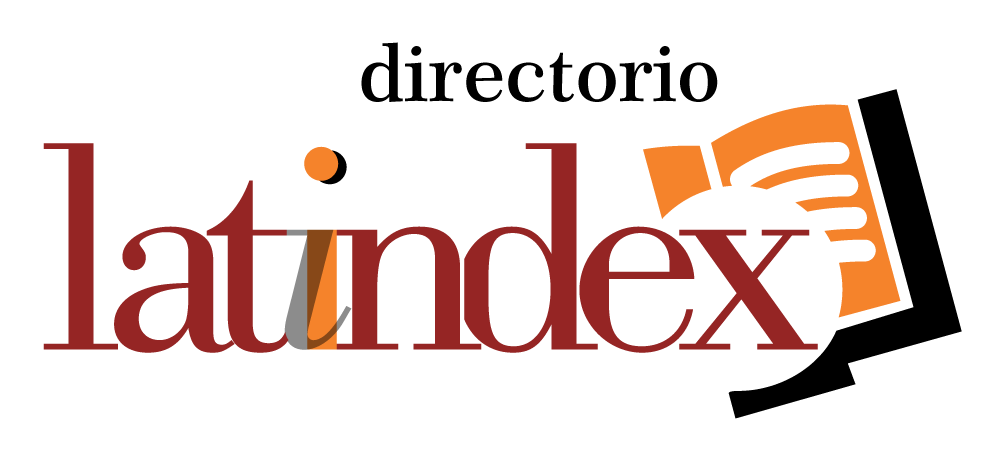Educational Intervention with Artificial Intelligence at the Maryland Educational Unit
DOI:
https://doi.org/10.56294/ai2024131Keywords:
artificial intelligence, Educational innovation, Digital literacy, Chat GPT, Augmented realityAbstract
The paper presented a pedagogical intervention plan focused on technological innovation through the implementation of artificial intelligence (AI) at the Maryland Educational Unit. The proposal was based on the guidelines of National Education Law No. 26,206 and UNESCO's approaches, which highlighted the importance of ensuring inclusive, equitable, and quality education adapted to the challenges of the digital age. It analysed how AI, through tools such as Chat GPT, chatbots and augmented reality, offered new possibilities for personalising learning, improving teacher time management and enriching curriculum content. Teacher training was promoted as an essential axis for effectively integrating these technologies and generating real change in school practices. Digital literacy was understood as a key competence for both students and educators in a context of constant technological transformation. The research included previous experiences, such as the study by the University of Pent Flacso, which demonstrated how the use of AI enhanced 21st-century skills such as critical thinking, creativity and collaboration. It was concluded that educational change did not depend exclusively on technological tools, but on a critical and conscious reinterpretation of teaching practice. The project highlighted that AI strengthened the role of teachers as mediators and facilitators, promoting transformative education in line with the demands of a globalised world.
References
1. Ahumada P. La evaluación en una concepción de aprendizaje significativo. 2ª ed. Valparaíso: Ediciones Universitarias de Valparaíso; 2001.
2. Carbonel J. La aventura de innovar: el cambio en la escuela. Madrid: Ediciones Mora; 2001.
3. Dussel I, Quevedo L. Educación y nuevas tecnologías: los desafíos pedagógicos ante el mundo digital. Documento Básico del VI Foro Latinoamericano de Educación. Buenos Aires: Santillana; 2010.
4. Fernández Navas M. Innovación educativa: más allá de la ficción. Madrid: Ediciones Pirámide; 2016.
5. Freire Andrade P. Intervención educativa: ¿Qué es, cómo y para qué se hace? Aguascalientes: Universidad Pedagógica Nacional; 2009 [citado el 1 de agosto de 2025]. Disponible en: http://www.upn011.edu.mx
6. InfoLEG. Ley de Educación Nacional [Internet]. [citado el 1 de agosto de 2025]. Disponible en: https://servicios.infoleg.gob.ar/infolegInternet/anexos/120000-124999/123542/norma.htm
7. UNESCO. Inteligencia artificial en la educación digital [Internet]. [citado el 1 de agosto de 2025]. Disponible en: https://www.unesco.org/es/digital-education/artificial-intelligence
8. UNESCO. Alfabetización: lo que hay que saber [Internet]. [citado el 1 de agosto de 2025]. Disponible en: https://www.unesco.org/es/literacy/need-know
9. Lévy P. Cibercultura: la cultura en la sociedad digital. Barcelona: Anthropos Editorial; 2007.
10. Morduchowicz A, Suasnábar JM. ChatGPT y educación: ¿oportunidad, amenaza o desafío? Enfoque Educación [Internet]. 2023 [citado el 1 de agosto de 2025]. Disponible en: https://blogs.iadb.org/educacion/es/chatgpt-educacion/
11. Universidad Siglo 21. Módulo 0. P.I. Unidad Educativa Maryland. Lecciones: 1, 2, 3, 4, 5, 6, 8, 10, 11, 13, 14, 15 y 18 [Internet]. 2019b [citado el 1 de agosto de 2025]. Disponible en: https://siglo21.instructure.com/courses/9629/pages/plan-de-intervencion-modulo-0#org3.
Published
Issue
Section
License
Copyright (c) 2024 Karina Alejandra Rissone, Mariana Arruabarrena Vittar (Author)

This work is licensed under a Creative Commons Attribution 4.0 International License.
The article is distributed under the Creative Commons Attribution 4.0 License. Unless otherwise stated, associated published material is distributed under the same licence.






